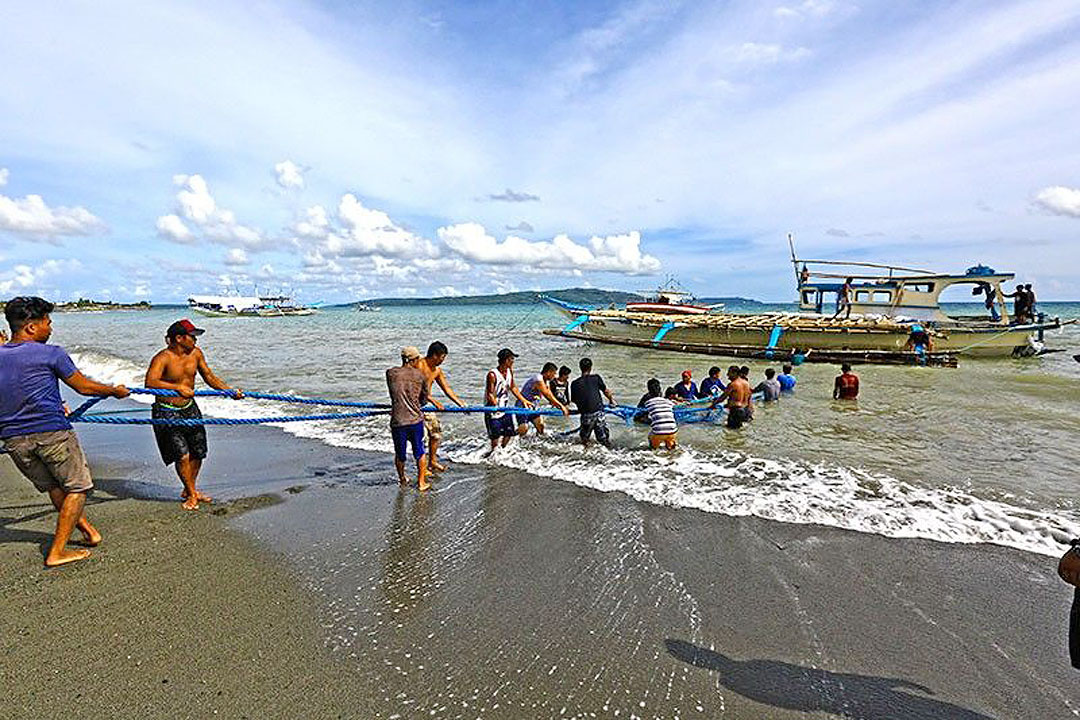THE three-month closed fishing season in the Visayan Sea is expected to cause an “artificial” shortage of fish with a knock-on effect on inflation, an organization of fishermen said.
The Pambansang Lakas ng Kilusang Mamamalakaya ng Pilipinas (PAMALAKAYA) said in a statement Tuesday that the closed fishing season in the Visayan Sea will depress supply and raise prices.
The Bureau of Fisheries and Aquatic Resources (BFAR) closed fishing in the Visayan Sea on Nov. 15. It will run until Feb. 15. The fish species covered by the ban in those waters include sardines, herring, and mackerel.
“We warn against artificial shortage of fish due to the unjust closed season in one of our major fishing grounds. Subsequently, retail prices of fish will (rise) and prompt the government to allow imports of fish, which is a further threat to the fishing industry,” PAMALAKAYA Chairman Fernando L. Hicap said.
PAMALAKAYA’s Panay representatives said the closed season only applies to small fisherfolk “who are already battered by economic crises brought about the pandemic, inflation, and successive calamities.”
According to the association, the directive covers five provinces and 33 coastal municipalities.
PAMALAKAYA-Panay Spokesperson Lucia Capaducio said the closed season deprives small fisherfolk of their livelihoods.
“While we don’t have access to our traditional fishing waters during closed season, big fishing vessels are able to continue with their large-scale fishing expeditions, exhausting the marine resources and leaving nothing for small fishers,” Ms. Capaducio said.
She added: “For the record, we are not entirely against the concept of closed season, but it should exempt small fisherfolk who are not engaged in large-scale and destructive fishing, unlike big commercial fishing fleets that overexploit the seas.”
The BFAR also recently declared the start of the annual closed fishing season in Northern Palawan, which runs between Nov. 1 and Jan. 31. The ban covers species like round scad (galunggong) to allow the resource to regenerate.
The Department of Agriculture has allowed imports of 60,000 metric tons of small pelagic fish such as round scad in order to augment supply and control prices during the various closed seasons. — Revin Mikhael D. Ochave
